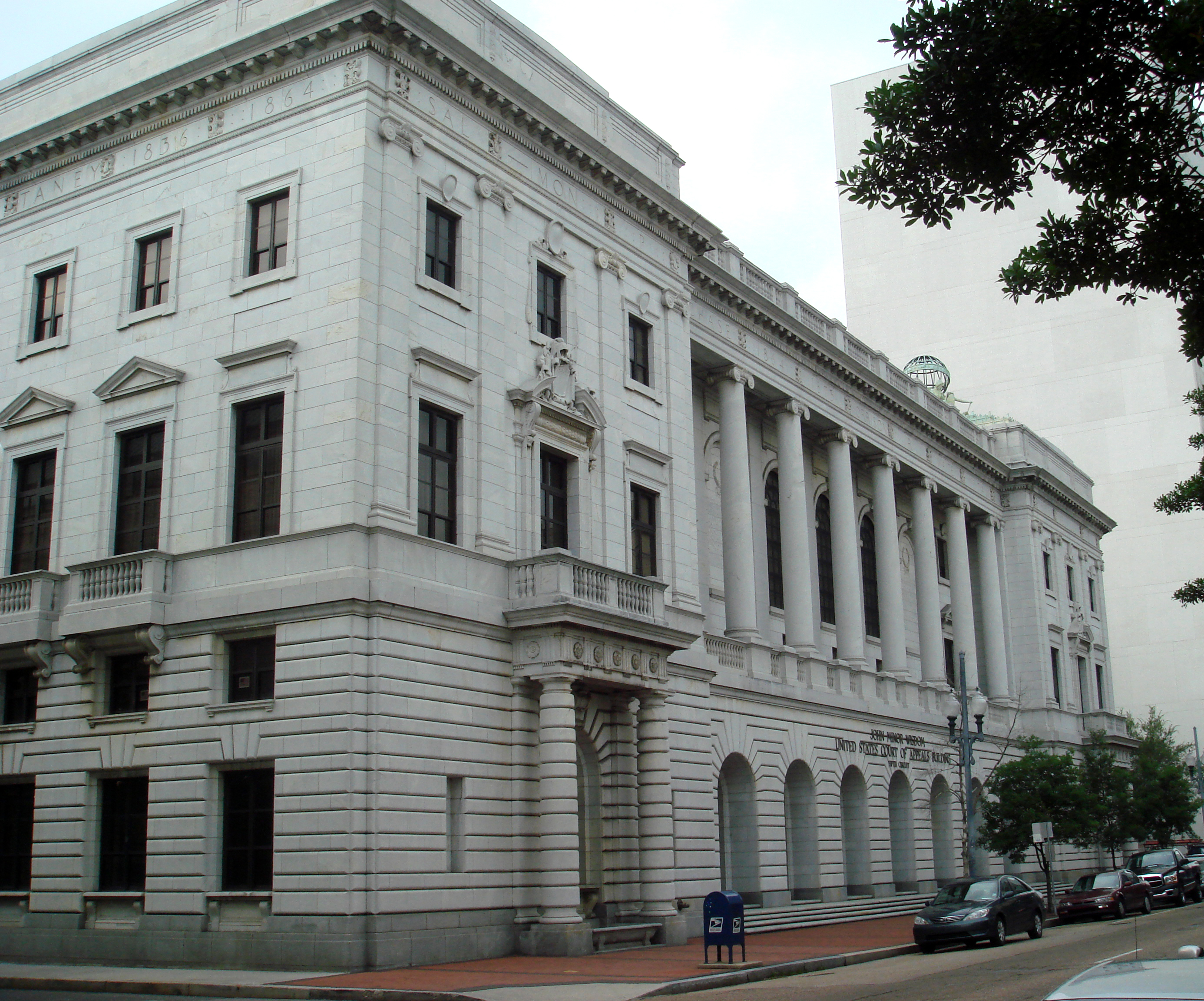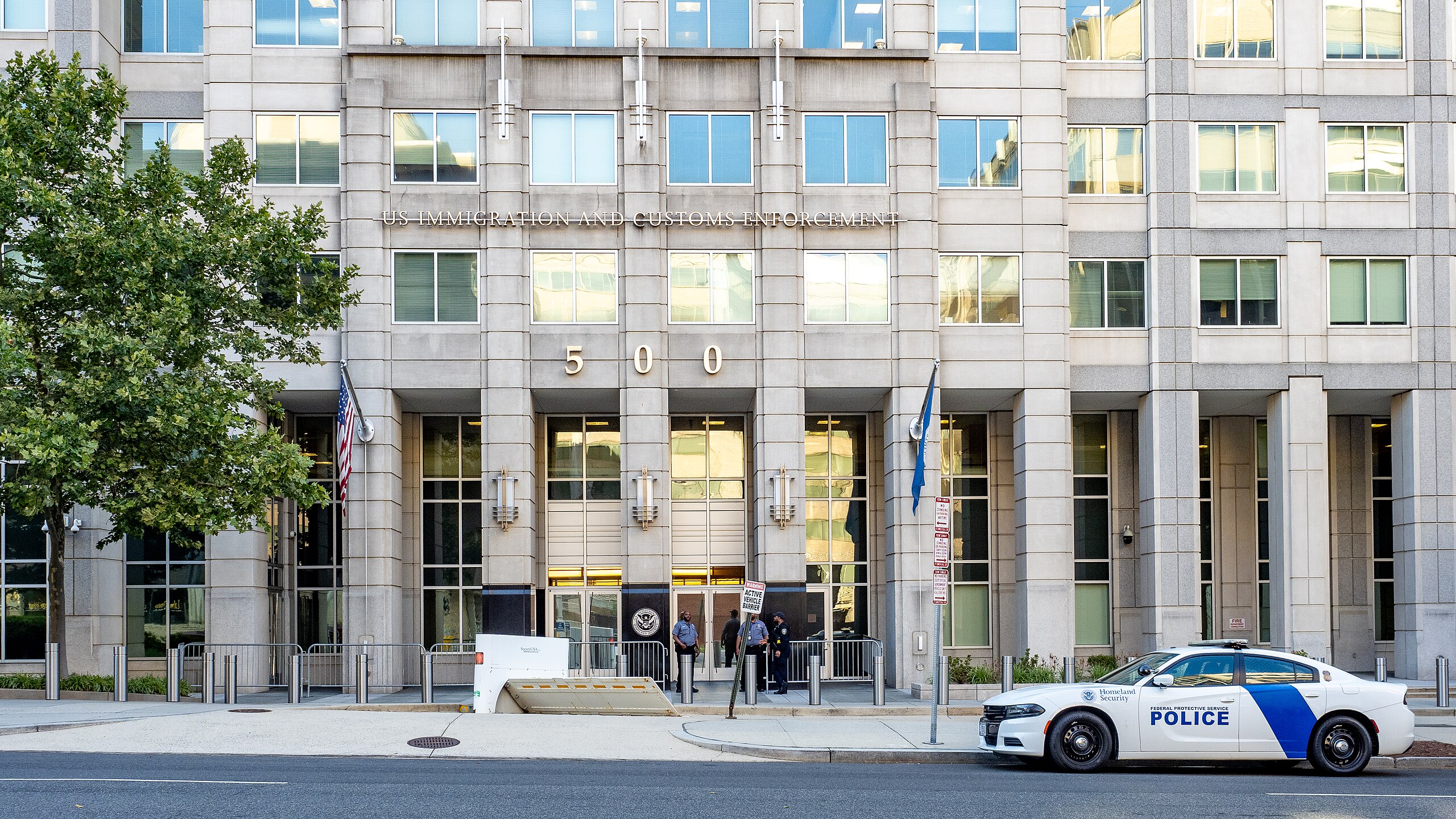The Situation: Deferring to Lies
When is a predatory incursion an eggplant?

The Situation last week contemplated the deployment of National Guard and federal law enforcement in Washington, D.C.
And I fully expected when I awoke this morning to continue in the same vein today and discuss Mayor Muriel Bowser’s executive order aligning city policy with Trump’s federal law enforcement posture vis-a-vis the city—a subject to which I will return.
But when I woke up and glanced at my computer, I found news that genuinely surprised me: The U.S. Court of Appeals for the Fifth Circuit had rejected President Trump’s invocation of the Alien Enemies Act to deport Venezuelans accused of being members of Tren de Aragua. The Fifth Circuit is perhaps the most conservative appeals court in the country. What’s more, I had listened to the oral argument in the case, and it frankly didn’t lead me to think the opinion would come out like this.
Yet there it was: a 2-to-1 opinion in which the majority holds that President Trump just can’t make the Alien Enemies Act, which allows deportations when the president determines there has been an “invasion” or “predatory incursion,” cover immigrants from Venezuela by issuing a proclamation claiming that the Tren de Aragua gang is state-controlled and that the immigration is some kind of incursion.
I have a few observations about this case:
The first is that the opinion, by Judge Leslie Southwick, is a slog to read. It is not especially well argued or reasoned, in my view. It will not go down in history as a wonderful piece of legal writing. There are no memorable lines.
But the quality of the opinion actually doesn’t matter very much. Not all opinions can have soaring rhetoric that makes one’s heart go pitter-patter. Not all the children can be above average. And some opinions are important less for their quality or reasoning or writing than as indicators.
This opinion is an indicator—an indicator that not all conservative judges feel the need to defer to the bullshit. It’s not the first such indicator. And it’s not the most eloquent. But it’s the strongest evidence we’ve seen so far in the Alien Enemies Act context. And that’s a hopeful sign.
The key point here is that the Trump administration had a chance to argue its extravagant claim of power to deport people based on complete fiction before one of the few courts of appeals in the country that is consistently more conservative than the Supreme Court. And it couldn’t persuade a panel of that court to uphold its invocation of an 18th century legacy of the John Adams administration to deal with a 21st century gang. That does not bode well for Trump’s chances before Chief Justice John Roberts and Associate Justice Amy Coney Barrett—who together define the legal scope of modern American presidential autocracy.
The Fifth Circuit here is just a way station. What matters here is only the signal that this is an issue that will divide conservative jurists.
But let’s pause a moment to be candid about the legal issue at stake in this case, and let’s bother to state it more precisely than the Fifth Circuit did. The issue the case presents is what deference, if any, the courts owe to official presidential lies. Do judges owe such deference to knowing and intentional untruths as to detain and deport people based on them? Or are they allowed to, in the common vernacular of our time, call bullshit on the president?
This is not an exaggeration meant for effect. I mean it very literally. The March 15 proclamation invoking the Alien Enemies Act is predicated on the following statements: “I find and declare that [Tren de Aragua] TdA is perpetrating, attempting, and threatening an invasion or predatory incursion against the territory of the United States. TdA is undertaking hostile actions and conducting irregular warfare against the territory of the United States both directly and at the direction, clandestine or otherwise, of the Maduro regime in Venezuela.”
That is not a true statement, and Trump’s finding and declaring it doesn’t make it true.
And on the basis of this untrue statement, the president finds that “all Venezuelan citizens 14 years of age or older who are members of TdA, are within the United States, and are not actually naturalized or lawful permanent residents of the United States are liable to be apprehended, restrained, secured, and removed as Alien Enemies.”
So now let me distill for you a lengthy and turgid judicial opinion into three short sentences of plain English:
- Tren de Aragua is not, in fact, perpetrating or attempting an invasion or predatory incursion of the United States by any reasonable understanding of the terms in question.
- Whatever crimes its members may be committing, it is not conducting irregular warfare against the territory of the United States—at least not such as might be considered a predatory incursion.
- Consequently, Venezuelan citizens cannot lawfully be apprehended and removed as alien enemies.
The majority opinion does not call the statements in Trump’s proclamation lies, because in the mannered style of judicial opinions, one just doesn’t say that the president is gaslighting the public in an official presidential proclamation. Comity between the branches or something like that.
But I’m going to be blunt about it: I don’t believe for a second that Trump or his lawyers actually believe that Venezuelan immigration, even by Tren de Aragua members, constitutes an invasion or predatory incursion within the meaning of the Alien Enemies Act. They are relying instead on a claim about the unreviewable nature of the president’s power to decide these things, not about the truth or reasonableness of what he has decided.
And that question of reviewability is what divides the panel.
The dissent, by Judge Andrew Oldham, argues that the court is obliged to accept these lies. “What is the upshot of this series of cases?” he asks, having gone over the relevant case law. “All of them recognize one fundamental principle: The President’s judgment call as to the existence of a state of war, invasion, or insurrection is conclusive.”
Judge Oldham may well prove correct as a bellwether of where a majority of the Supreme Court comes down. A majority of justices will, of course, never say that they believe this nonsense about Tren de Aragua conducting an invasion or a predatory incursion against the United States.
But they could end up signing off on the happy fiction that they have to pretend they believe that President Trump really believes this garbage (comity between the branches being what it is and all, and he having sworn an oath to take care that the laws be faithfully executed and all). And they thus could end up taking the position that it is not their job to determine, as Judge Oldham put it, that “the Executive’s finding [is] so implausible it should be overridden by a handful of generals-in-robes.” Even though it is so implausible that generals-in-robes who refuse to override it should be careful about calling themselves lawyers.
But while Judge Oldham may get the last laugh, Judge Southwick’s opinion offers proof that at least some conservative jurists look—and thus hope that maybe two Supreme Court justices will look—at the president’s proclamation and say that there has to be some limit to the deference owed to the president when he is just blowing smoke in the faces of the judges.
If the president had issued a proclamation that said, “I find and declare that an eggplant is perpetrating an invasion or predatory incursion against the territory of the United States” and that therefore “all Venezuelan citizens 14 years of age or older who are members of TdA” are deportable, would any judge find such a statement “conclusive” as to an individual’s detainability or removability? The current order is hardly less nonsensical a basis on which to lock people up and put them on planes.
The Situation continues tomorrow.




-2.jpg?sfvrsn=f979c73d_6)
